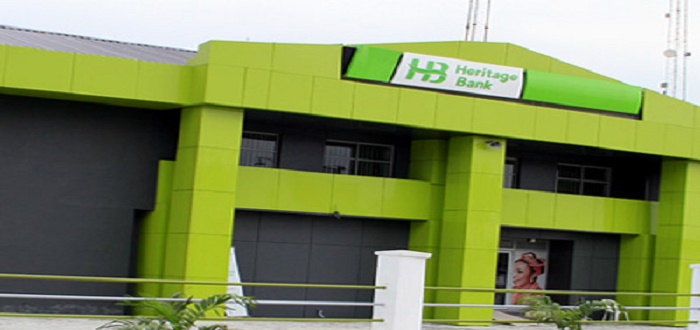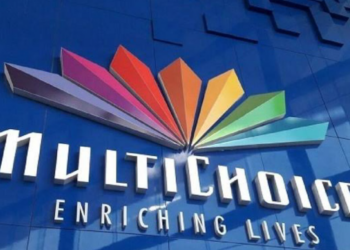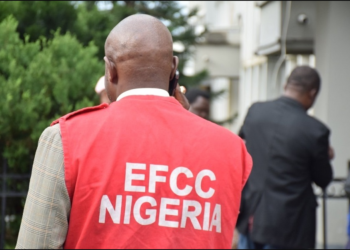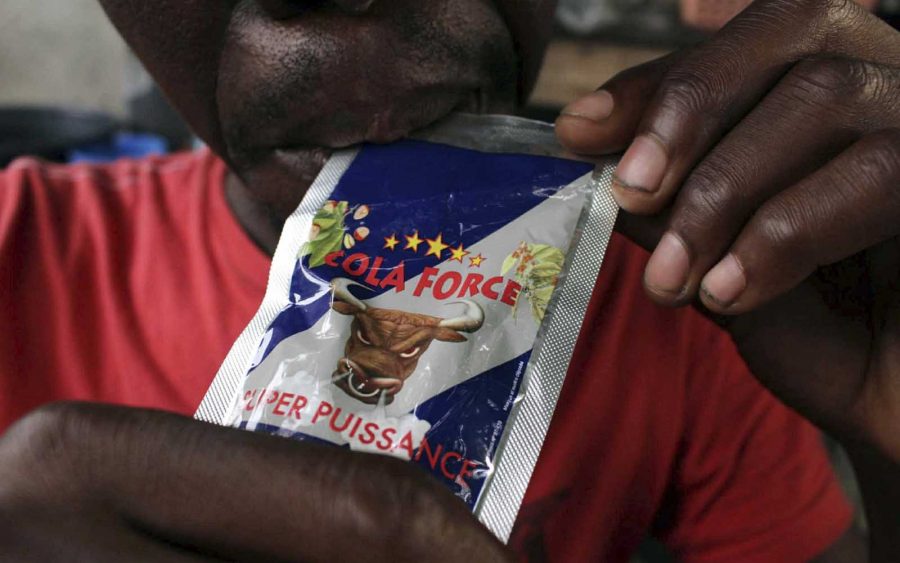In a surprise move, the Central Bank of Nigeria (CBN) announced it has revoked Heritage Bank’s operating license, effectively closing the institution and placing depositors at the mercy of the Nigeria Deposit Insurance Corporation (NDIC).
This represents the first time a Nigerian bank has been allowed to fail in over a decade, signaling a significant departure from the policy of former CBN governor Godwin Emefiele, who consistently preferred to rescue struggling banks rather than let them collapse.
In a press briefing addressing the potential impact of Silicon Valley Bank’s failure on Nigerian businesses, Emefiele asserted that bank depositors are the ultimate owners of banks since they have more to lose than shareholders. He emphasized, “I would rather dispose of shareholders than make depositors lose money,” a policy he maintained throughout his tenure.
During Emefiele’s leadership, several banks, including Skye Bank (later Polaris Bank), Keystone Bank, Union Bank, and Heritage Bank, faced severe financial challenges but were bailed out by the central bank instead of being allowed to fail.
These banks continued operations until they were eventually sold off, with one currently distressed bank still operating despite negative shareholders’ funds.
Emefiele’s strategy of preventing bank failures under the guise of protecting shareholders created significant moral hazard.
Many directors and major shareholders who contributed to the banks’ failures escaped major prosecution and did not return most of the lost funds.
Contrastingly, under the leadership of Yemi Cardoso, the CBN has chosen a different path. The apex bank’s press release indicated that Heritage Bank’s inability to improve its financial performance necessitated the license revocation.
Despite various efforts to stabilize the bank, it “continued to suffer with no reasonable prospects of recovery,” making the revocation a necessary step.
This action sends a clear message to the financial sector: the current CBN administration will not hesitate to let failing banks exit the market.
The decisive move follows the recent appointment of new management for Polaris Bank, another institution rescued under Emefiele, indicating a commitment to enforcing regulatory compliance and market discipline.
The appointment of the NDIC as the liquidator highlights the CBN’s dedication to orderly resolution processes that prioritize depositor protection and financial system integrity.
This shift in approach is likely to bolster public confidence in the banking sector by demonstrating the CBN’s commitment to a healthy and stable financial environment.
This new policy shift will undoubtedly introduce a shake-up in how the sector perceives the CBN. Banks will become more circumspect about their lending practices and handling of non-performing loans (NPLs).
They will likely adopt more stringent lending criteria and ensure that bad loans are recovered promptly.
Furthermore, many banks may face fresh audits, and a sector-wide stress test might be on the horizon, particularly in the wake of significant losses declared by Nigerian companies due to high-interest loans.
The oil and gas and manufacturing sectors, which many banks have reported as being under strain, will be of special focus.
Smaller banks that pursued aggressive lending and high-risk strategies will also be feeling the pressure, anticipating potential regulatory actions.
On the downside, bank customers may become concerned and anxious about which institution might be next. This highlights the need for the CBN to swiftly reassure Nigerians that the remaining banks are financially sound and healthy.
This new stance aligns with global best practices where regulators allow market forces to play a more significant role in the survival of financial institutions, provided that robust resolution frameworks are in place.
The current administration’s willingness to let market dynamics prevail, in contrast to Emefiele’s emphasis on preventing failures through capital injections and managerial changes, highlights a broader commitment to regulatory rigour, financial stability, and depositor protection.
This sets a new tone for the Nigerian banking sector, emphasizing that regulatory compliance and financial soundness are non-negotiable.

























Toe-may-toe, toe-mar-toe…SMH
So have the “many directors and major shareholders who contributed to the failure” of Heritage Bank faced “major prosecution”? Have any ONE of them or any ONE person been arrested? Questioned?!
While there are merits on both sides of the divide, saving distressed banks (particularly if done pending acquisition) preserves jobs and depositors funds as well as secure systemic confidence.
On the other hand, apart from some nebulous notion of “moral hazard”, what exactly does precipitously allowing banks to fail achieve? Depositors will lose TONS in Nigeria’s highly-inflationary economy.
Whether depositors of N5m and below (fully-covered) or above (partially-covered), inflation will ERODE their funds every single day they wait to recover from NDIC, the liquidators.
So many Nigerians love change or “changi” (as aptly showed by Buhari’s election), but NOT all change is progress (as aptly showed by Buhari’s tenure).